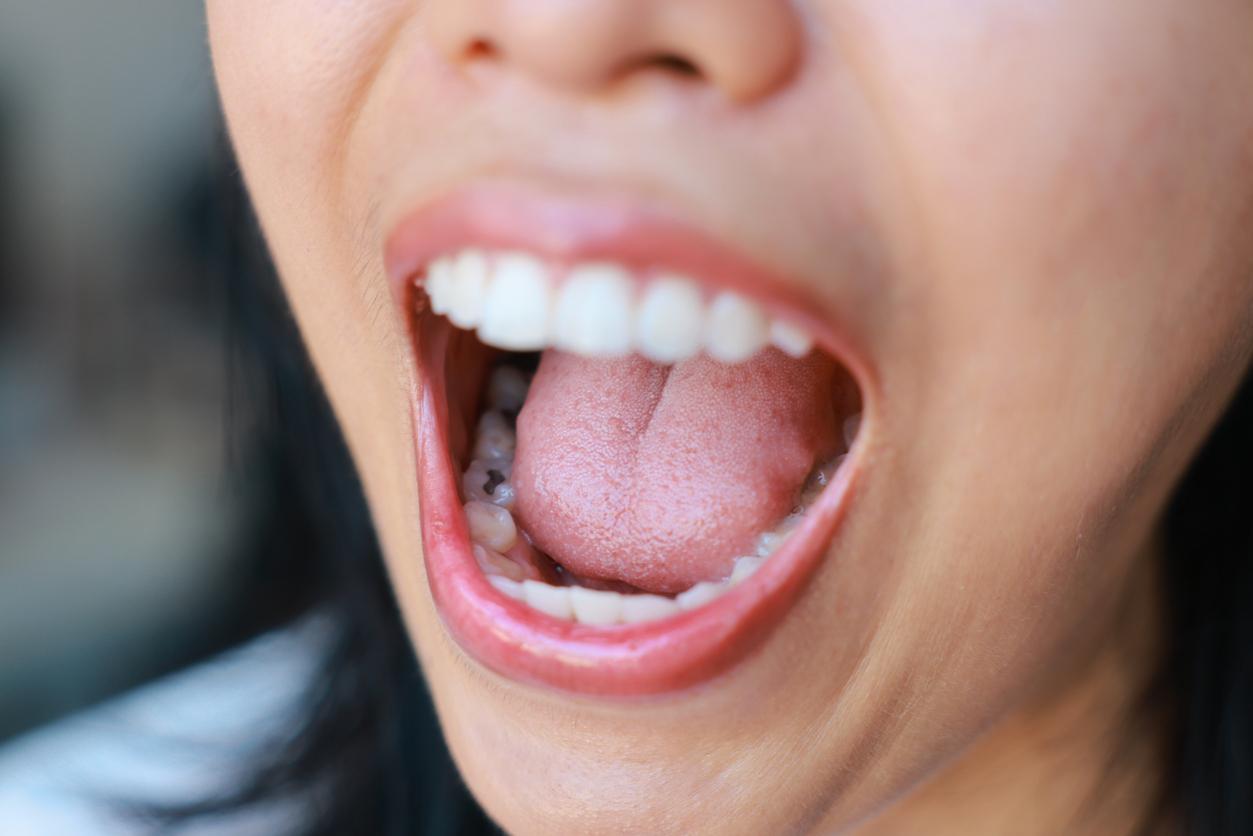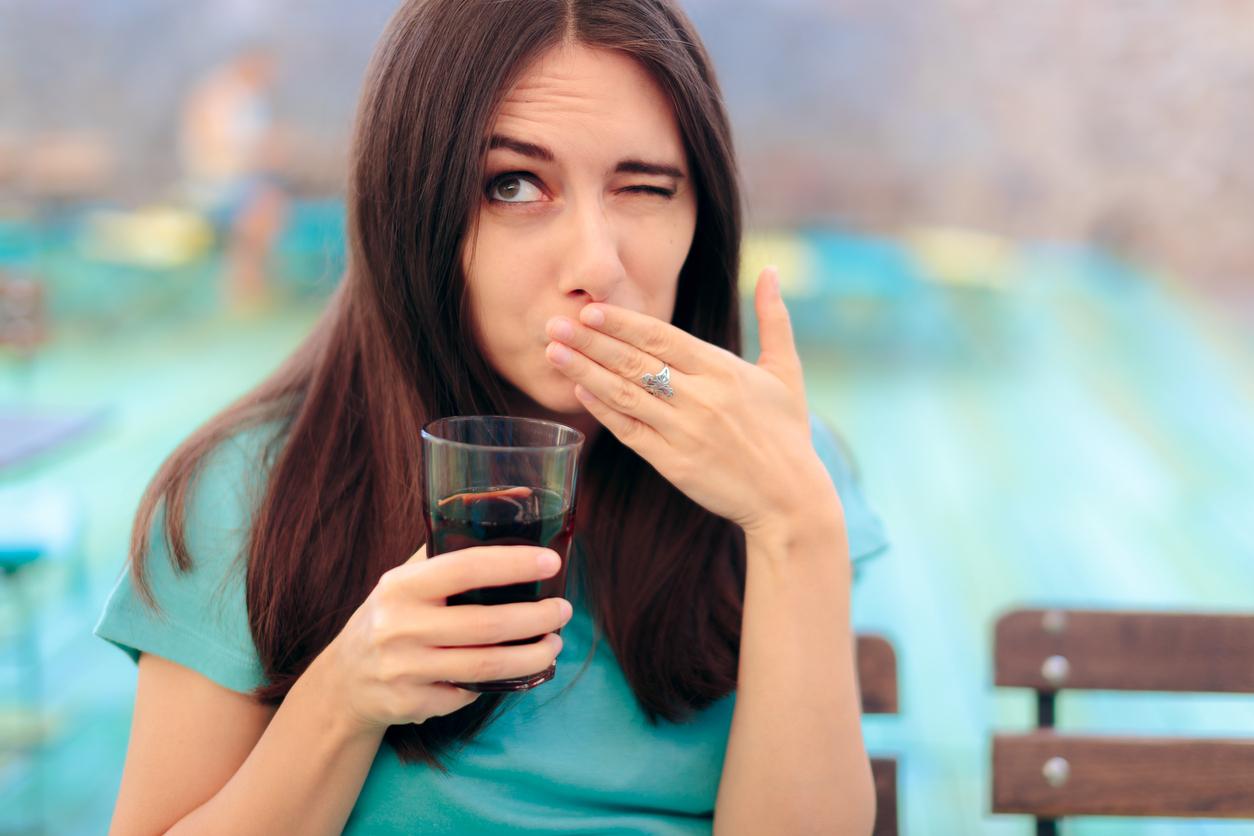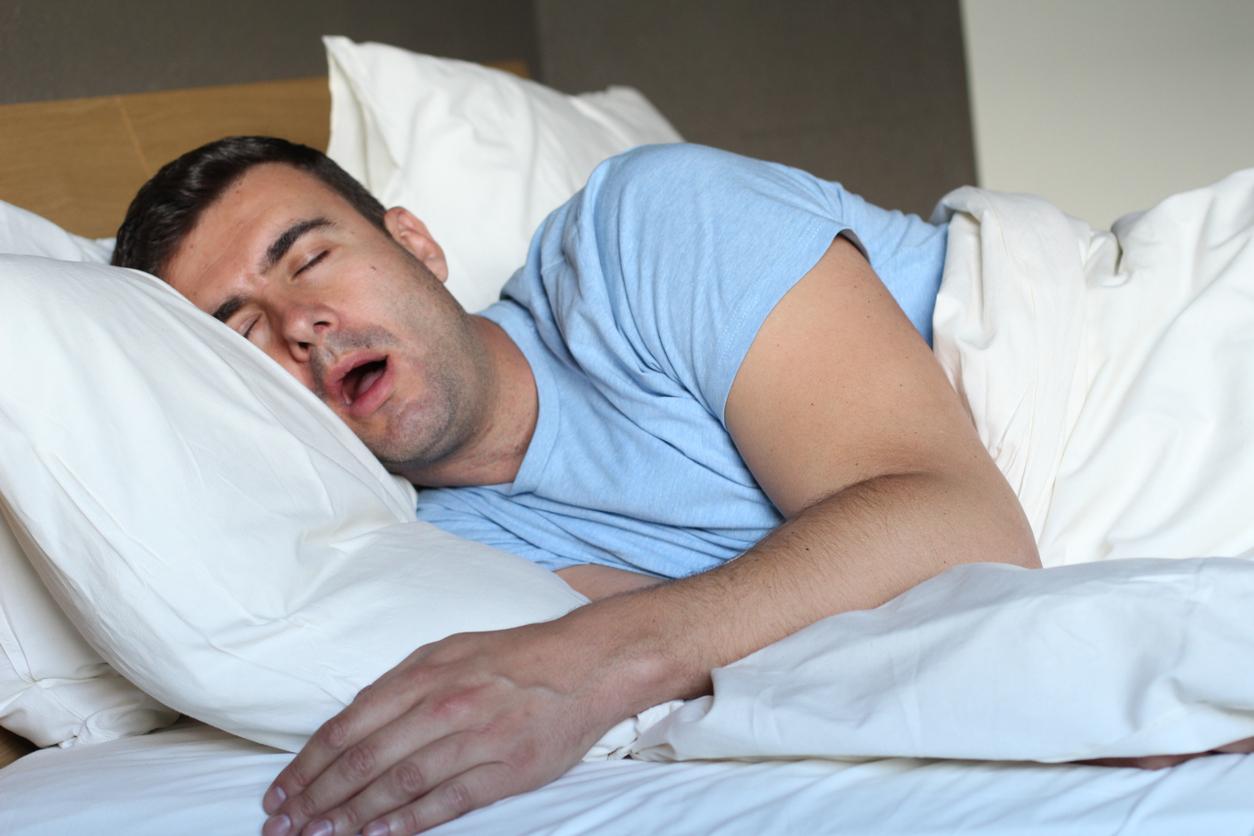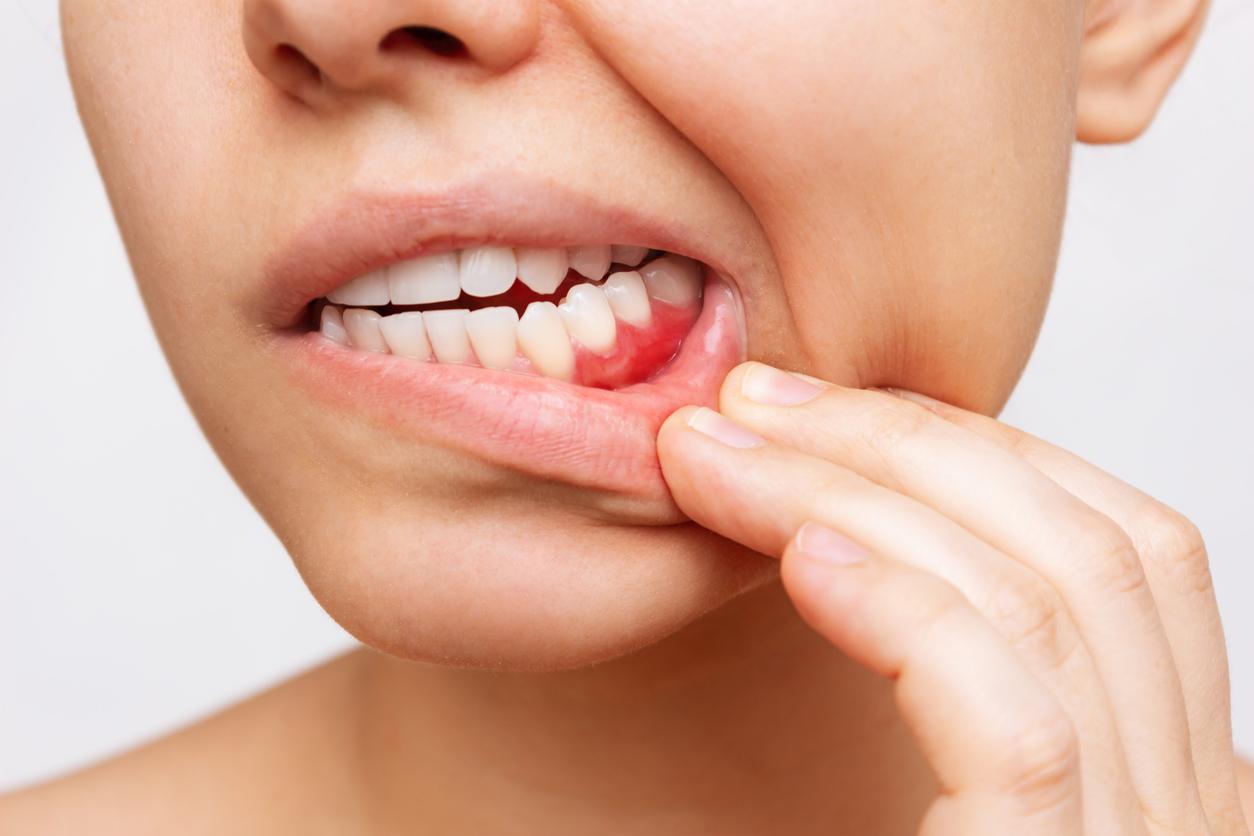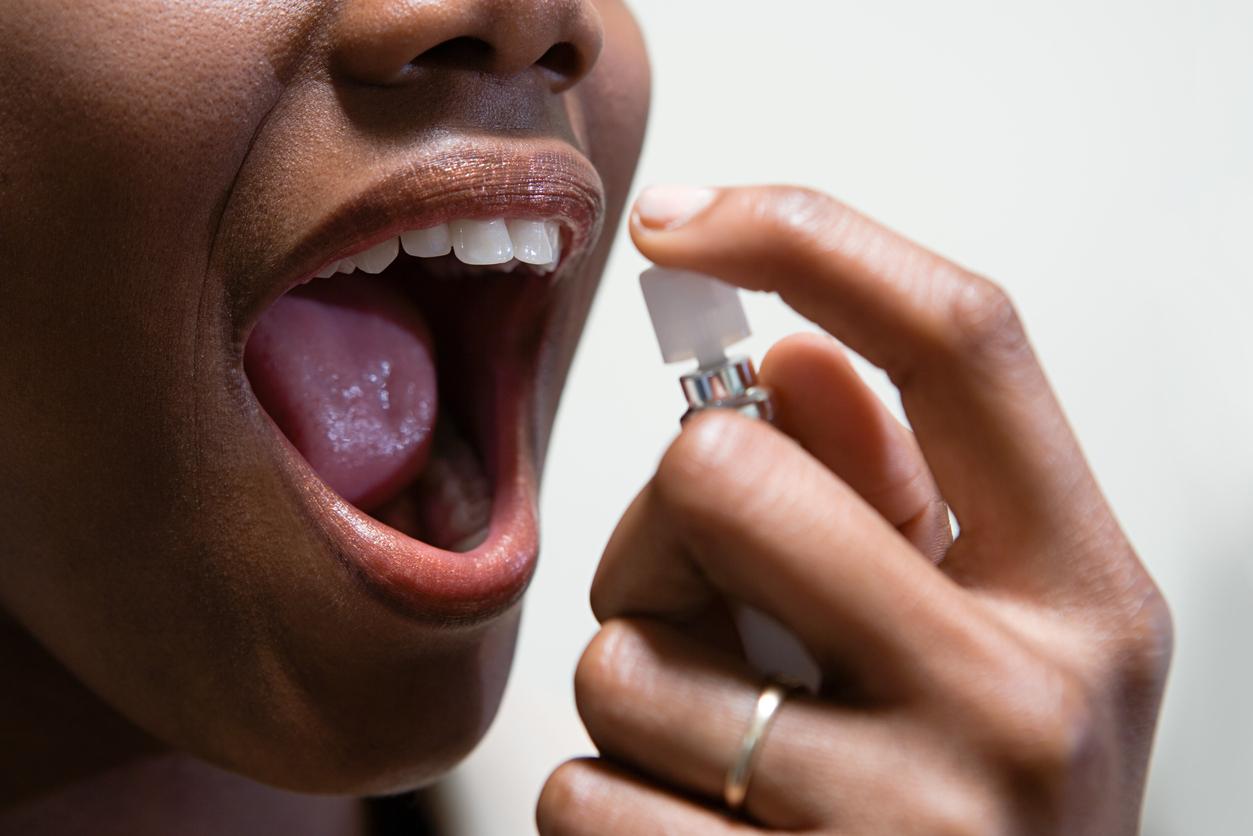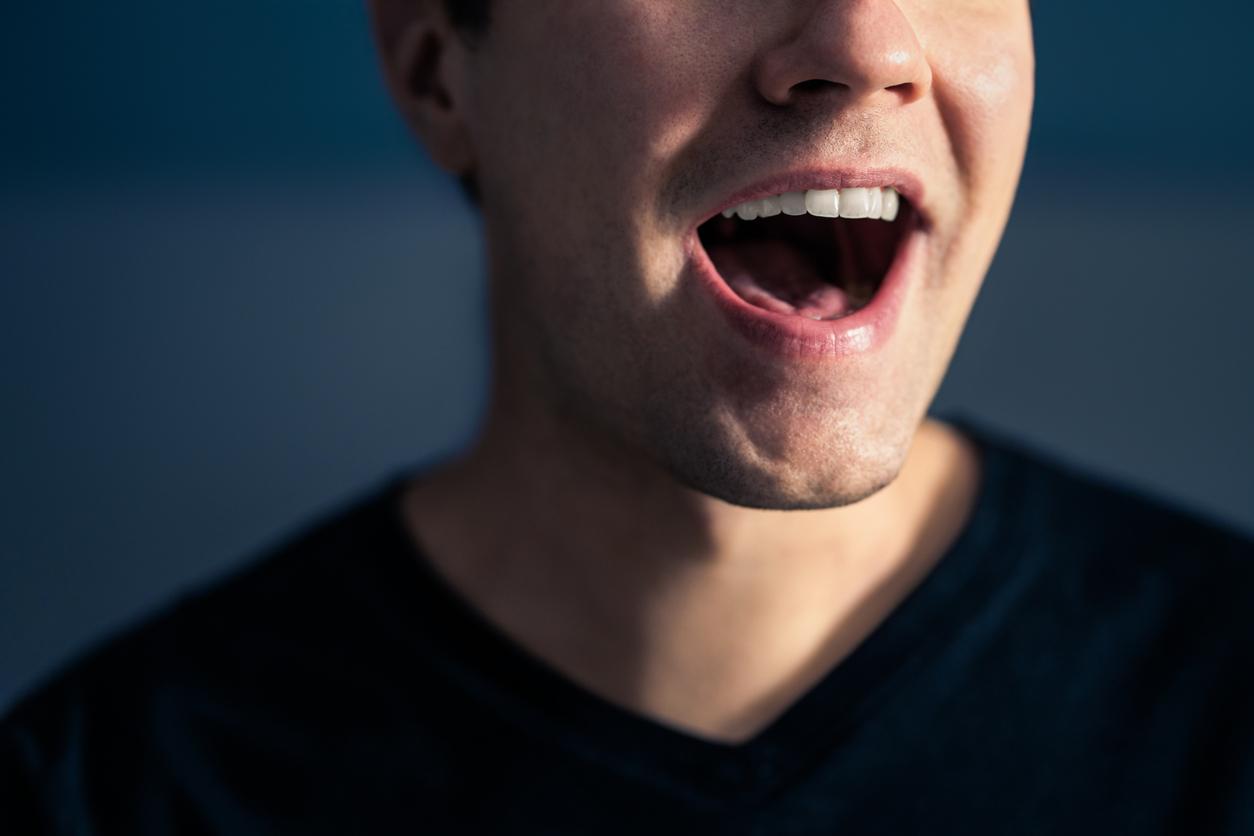
To prevent the spread of the coronavirus, it is mandatory to wear a face mask in all public indoor spaces from 1 December. What does it mean specifically for you? Six questions and answers.
1. To whom does the obligation apply?
The mouth cap obligation applies to everyone aged 13 and older.
2. Are there any exceptions?
Yes, the obligation does not apply to people who are unable to wear or put on a mouth cap due to a disability or illness. The police and boas can ask people to prove themselves that this exception applies to them. You can read more about that here. Face masks are also not mandatory during sports, acting, musical rehearsals or performances and giving interviews on radio and TV.
3. Where should the mouth cap be put on?
This has to be done in public indoor spaces, such as: station buildings, airports, shops, museums, petrol stations, restaurants, cafes, theaters or concert halls. A mouth cap is not mandatory if people have a fixed seat. In restaurants or theaters, the mouth mask can therefore be removed when you are sitting. If you then go to the toilet, you have to put the cap back on.
It is also mandatory for contact professions, for both the person practicing the profession and the customer. Examples are: at the hairdresser, during driving lessons, at the nail technician.
In secondary (special) education, secondary vocational education and higher education, pupils, students, teachers and other staff must also wear a mask when they walk in the building.
4. Are there any exceptions?
Yes, in religious buildings such as churches, mosques, temples and synagogues, a mask is not mandatory. Healthcare providers such as general practitioners and physiotherapists are also exempt from the obligation. However, it will often be the case that there will be asked to wear one. Based on the Healthcare Quality, Complaints and Disputes Act, hospitals and healthcare institutions apply their own rules regarding mouth caps or other personal protective equipment.
4. What kind of face mask should I wear?
The government advises to use mouth caps that can be bought at the drugstore or supermarket. A splash guard (faceshield), bandana or scarf is not sufficient. You can read more about that here.
5. What happens if I don’t wear a face mask?
You risk a fine of 95 euros.
6. Until when does the mouth cap obligation apply?
This obligation is included in the temporary corona law. The regulations contained therein, and therefore also the mask obligation, will initially apply for three months. Extension is possible after that period. As soon as there is no longer a medical need, the schemes will be withdrawn.
Extra: Tips when wearing a mouth cap
In recent months, PlusOnline has written a lot about mouth caps. You may find these tips helpful:
- This is how you prevent fogged glasses when you wear a mouth cap
- Suffering from a pinching mouth cap? This is how you make an earsaver yourself
- 4 tips against shortness of breath when wearing a mouth cap
- These types of mouth caps are available
- This is how you wear a mouth cap the right way
- This is how you clean reusable mouth caps
- This is how you prevent skin irritation from a mouth cap
- This is how you sew a mouth cap yourself
Source: Central government








